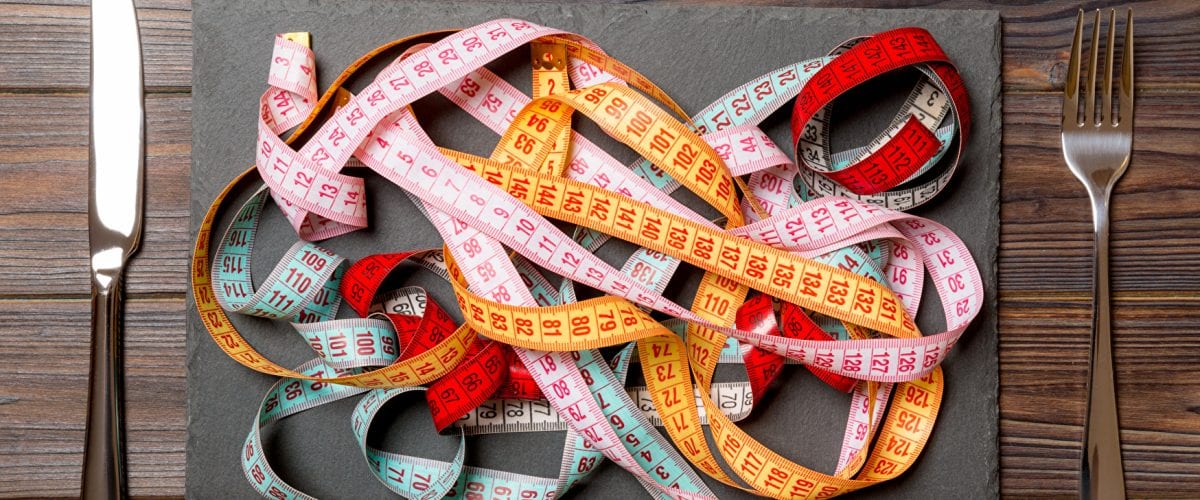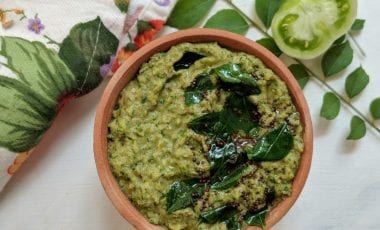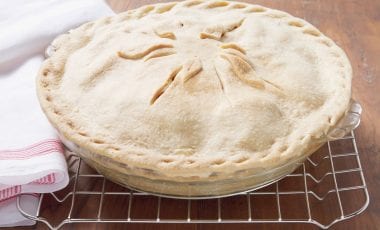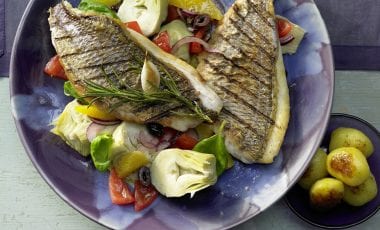Will light products get you to your desired weight? If only it were that easy!
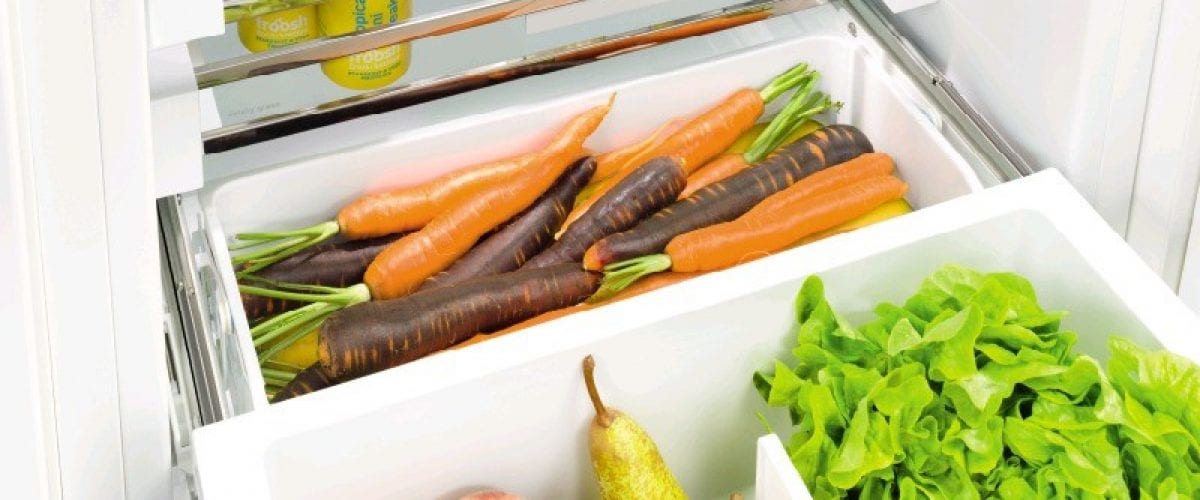
“Light” is a term which can be found on many food products in the supermarket. They offer a convenient solution if our trousers are a bit tight or we need to shed a few pounds. Or do they? Do light products really make us slim? And what does the term “light” really refer to anyway? Here you can find out which products are misleading and what will really help you achieve your desired weight.
The will is there, and the decision has been made. It’s finally time to lose few kilos. This is the first step towards your goal. But what now? The supermarket shelf is a maze. Is it essential to opt for special products advertised as being particularly light? No! In fact, choosing light products may even have the opposite effect and lead to weight gain.
“Light” – less of this, more of that
“Light” means a reduction in the fat or sugar content of a product by at least 30 percent. The products certainly comply with this, but they do not as a result necessarily have a lower calorie content. A calorie saving is necessary, however, if the change in diet is to lead to successful weight loss. A shopping trolley full of light products it next to no use at all.
And why? For one thing, fat is an important flavour carrier. To compensate for this loss, manufacturers often use more sugar instead – including fructose or syrup. The increased sugar content drives up the calorie content again. Also, a 30% reduction in fat has very little effect if the fat content of the original food was already low. What’s also disadvantageous is that we consider the light food to be healthier and lighter, and therefore often eat more of this than of the original product.
It’s worth taking a look at the packaging
There is always information on products about the energy content stated in kilojoules (KJ) as well as in kilocalories (kcal). These days we are used to seeing the calculation in kilocalories. Compare the value for kcal/100 g of your light product with the value of the “normal” product to see if there is a big difference. This is frequently not the case. Exceptions to this are reduced fat natural dairy products and reduced fat sausages. If the light product really does contain fewer calories than the original variety, the amount you consume must not be higher than the original amount, in order to really consume fewer calories.
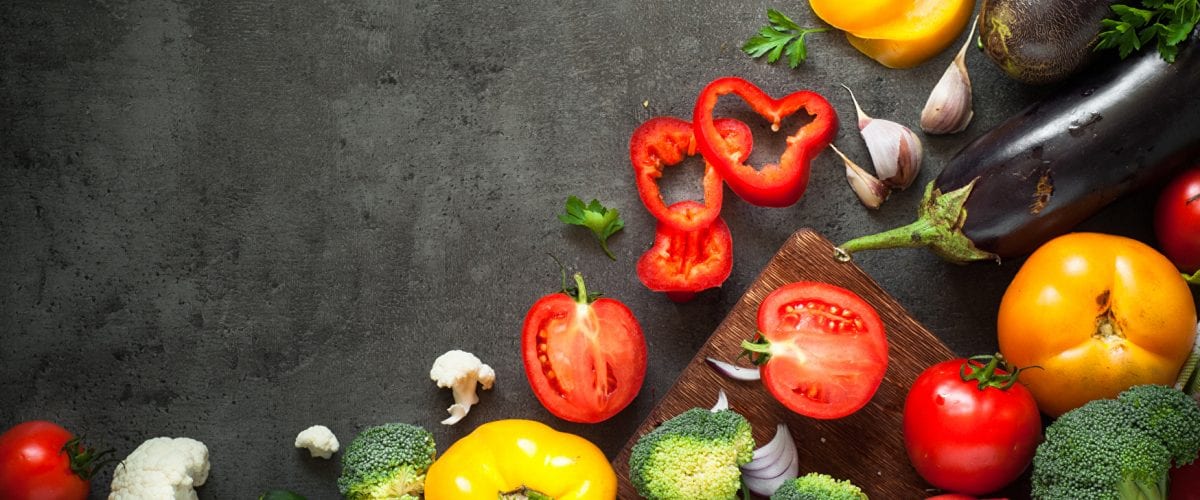
It depends on the overall diet
A bag of light crisps in front of the TV does not help at all. Even if the product contains significantly fewer calories than “normal” crisps, there are still too many. Even though a total ban on sweets and snacks is not necessary, a significant reduction in these products is essential for successful weight loss. It’s via these products in particular that we consume large amounts of fat and sugar without realizing. It goes straight onto the hips! It’s not the extra tablespoon of oil in the salad, but consuming too many of those temptations which make us fat.
Humans are creatures of habit. Once the habit of constant snacking has been broken, the enjoyment of a healthy and balanced diet increases. Weight gradually reduces and the enjoyment of life increases. Natural foods, especially vegetables and fruit, are the true light products. This is because they really do help you lose weight without being labelled “light”. Incidentally, in the BioFresh Fruit & Vegetable safe, the taste and nutrients of your fruit and vegetables are retained much longer.
This is also the reason for the following trend: When losing weight, many of us prefer to opt for natural, unprocessed products. You can eat large quantities of vegetables in particular. They fill you up, give you important nutrients and still keep you on track towards your desired weight. Discover the range of natural products and experiment with cooking. Eat slowly and mindfully and stop eating when you feel full. Sufficient exercise, relaxation and sleep also support your new, figure-conscious lifestyle. Good luck!
